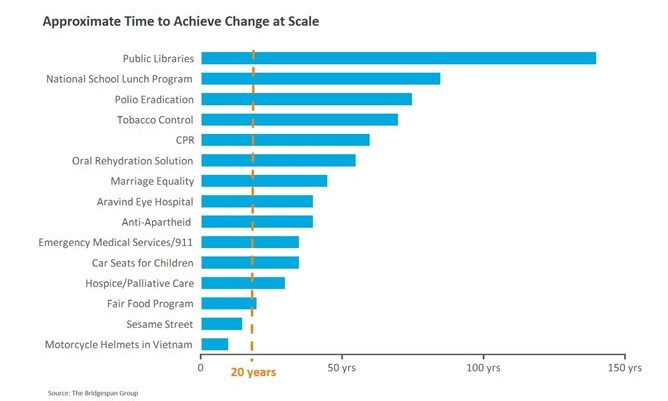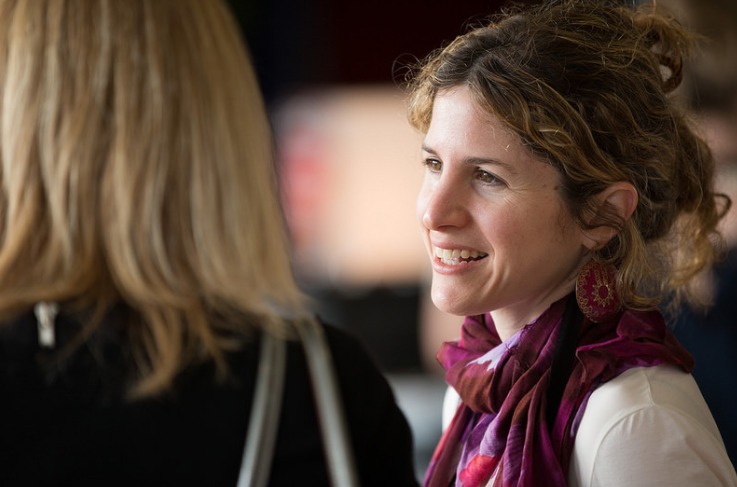A group of the world’s wealthiest and most visible philanthropists has launched an arrangement called “Co-Impact” to pool their assets and resources in ways it says will help scale and maximize the impact to the world’s largest problems.
The effort is backed by the Rockefeller and the Skoll Foundations as well as by Warren Buffett’s The Giving Pledge and by Bill and Melinda Gates. Olivia Leland, formerly of Rockefeller and the Gates Foundation, will helm Co-Impact.
Read MoreWhy This Matters
Private philanthropists have helped solved many of the most important social-impact issues in the 20th century, ranging from making polio extinct globally to providing free lunches to all needy schoolchildren in the U.S.
The prolific Bill Gates, formerly of Microsoft and a Presidential Medal of Freedom awardee, has made indirect or personals investments to fight Alzheimer’s, better track philanthropic grants, and build smarter cities.
Yet despite their seeming successes, increasingly deeper pockets and willingness to achieve change, many remain challenged with the type of engagement, partnerships and commitment that are often needed to solve larger problems, and achieve change at scale.

Few philanthropists on their own are able to offer specialized expertise and capacity in diverse areas such as policy, law, technology, marketing, and performance management, according to Leland.
With increased collaboration, philanthropic partners, networks and donors can accelerate systems change in a way that can scale to meet humanity’s toughest problems. Co-Impact aims to build a platform to connect donors together while curating which opportunities to fund.
Co-Impact’s founders say that while Giving Pledge, by comparison, has been focused on the “how much” of philanthropy, the new arrangement will be focused on the “how”.

Timetable
The group is moving quickly. $500 million has already been committed by Bill Gates, Jeff Skoll and other signatories of Buffett’s Giving Pledge Group.
Announcement of first grants is expected by the end of 2017. Flexibly-structured grants up to $50 million will go to address health, education, and economic opportunities for underserved populations across the planet in the next five years.
Read Some More
“A New Model for Collaborative Philanthropy,” Stanford SSIR, November 2017.
“Billionaire donors Agree to Pool Philanthropic Resources,” Financial Times, November 2017.
“Nilekani and Bill Gates Announce the Formation of Co-Impact,” Siliconeer, November 2017.
“How Billionaires are Pooling Assets for a Bill Gates Philanthropic Fund,” Forbes, November 2017.
“15 Success Stories of Audacious Philanthropy for Large-Scale Social Impact,” Bridgespan Group, August 2017.








